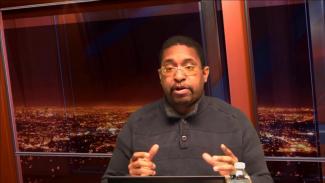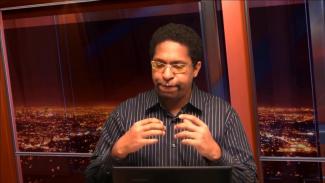What does it mean to be filled with the Spirit? What is the purpose of water baptism? How do we access the baptism of the Holy Spirit? Are there requirements to experiencing the Holy Spirit baptism? What evidences in a person’s life demonstrate being filled with the Spirit? Is it a one time event? Is God really willing to give us the Holy Spirit today?












